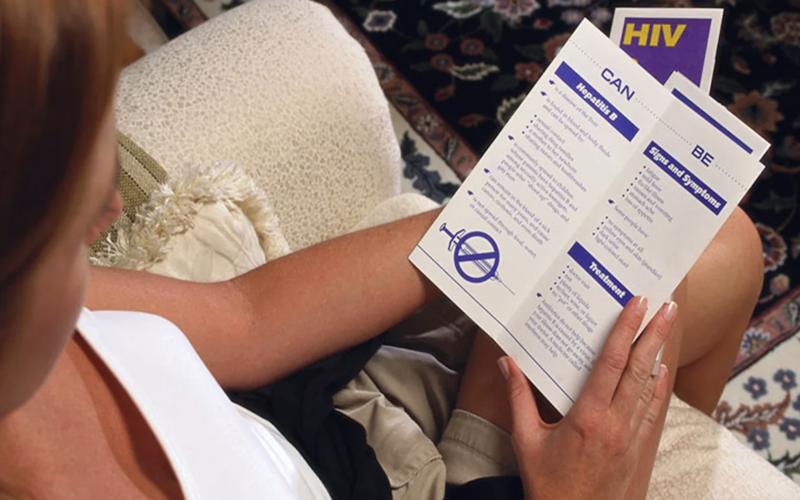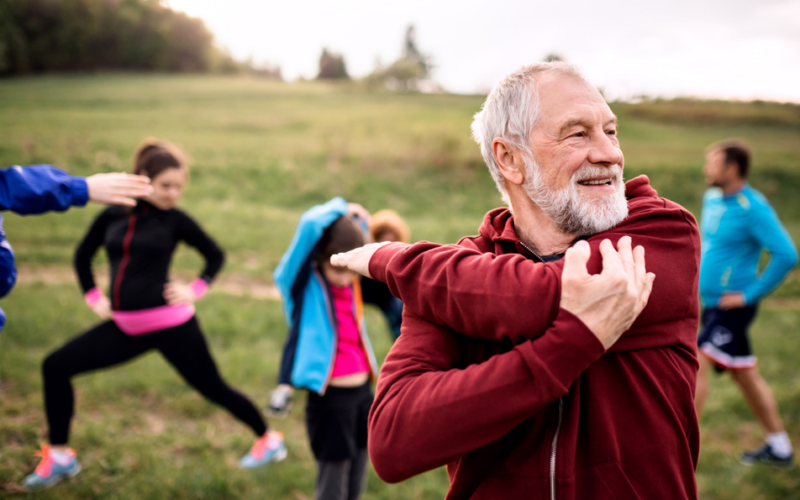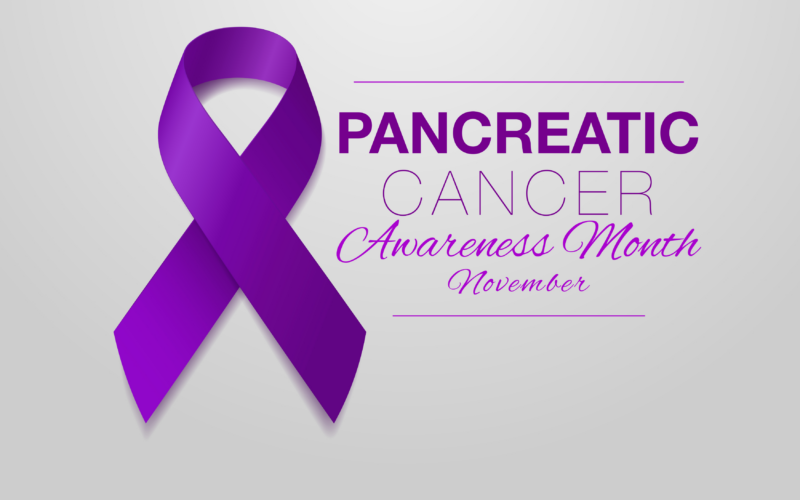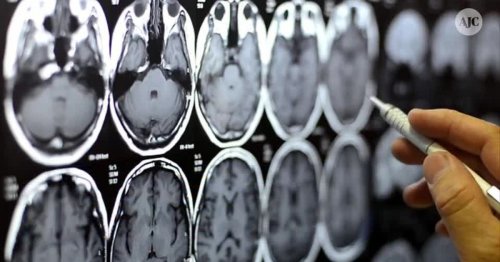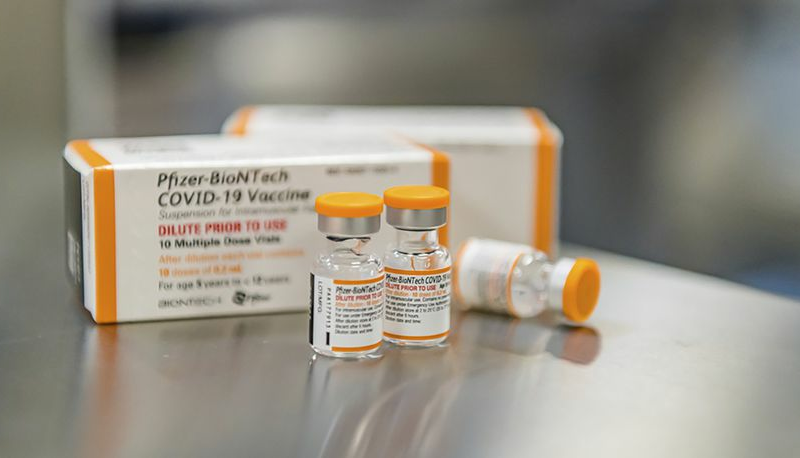
Consumer Health: What do you know about seasonal affective disorder?
By Laurel Kelly, Mayo Clinic News Network Troy Warren for CNT #Health Seasonal affective disorder is a type of depression related to changes in seasons. Millions of adults in the U.S. may suffer from seasonal affective disorder, although many may not know they have the condition, according to the National Institute of Mental Health. Seasonal affective disorder is diagnosed more often in women than men, and it occurs more frequently in younger adults than in older adults. Seasonal affective disorder is more common among people who live far north or south of the equator, perhaps due to decreased sunlight during the…


























